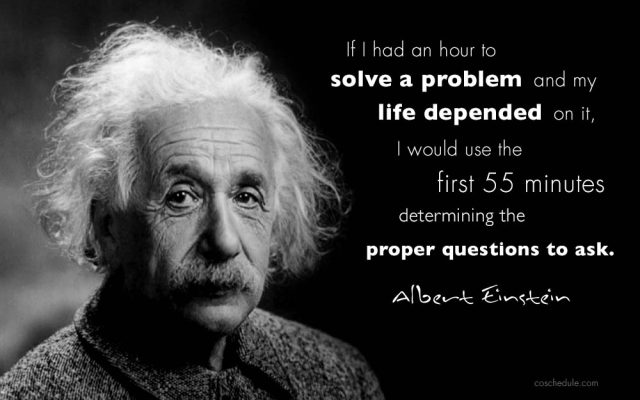In our public schools, we (sometimes) have the following problem...a student is not achieving at an acceptable level. He tries to do well; he does some things well; but overall his achievement is too low for his grade or age level. Public schools have lots of ways of helping students to raise their level of achievement and (indeed) it is our job and moral responsibility to do so.
The problem is that someone has to tell the student and his parents that he is achieving below grade level. That is a hard conversation to have. No teacher wants to tell their students' parents this news. No parent wants to hear this news. But someone has to do it because we don't want to allow students to go through school thinking that they are doing fine (academically) when, in fact, they are below grade level.
 Sometimes we try to give this news through grades on report cards or via standardized testing grades, but the message doesn't always get through. Sometimes students get a few good grades on minor assignments and parents "hang on" to those grades and seem to ignore the poor grades on the more major assignments.
Sometimes we try to give this news through grades on report cards or via standardized testing grades, but the message doesn't always get through. Sometimes students get a few good grades on minor assignments and parents "hang on" to those grades and seem to ignore the poor grades on the more major assignments.And so, sometimes students go through elementary and middle school thinking that they are doing fine and then they get to high school and struggle with their academic course work. Even worse, sometimes these struggling students even go through high school with no one in authority ever telling them that they are below grade level. These are the students that go on to college and (only) then are finally told that they do not have the ability that they thought they had--no one ever told them.
Our job is to help students to learn. Part of that job is telling students how well they are learning. We don't help our students by letting them think that all is fine when it isn't. Someone will tell them at some point, so it might as well be sooner rather than later. It doesn't have to be an argumentative conversation. Teachers and schools will help students to do better--that's our job.
 One way to communicate this message is to have a grading policy that rewards high academic achievement and discourages mere compliance with school and classroom rules. While we certainly want students to behave in school, what we really want is for students to learn in school. Teachers who have high expectations for their students and are very clear about those expectations tend to have students who reach those expectations.
One way to communicate this message is to have a grading policy that rewards high academic achievement and discourages mere compliance with school and classroom rules. While we certainly want students to behave in school, what we really want is for students to learn in school. Teachers who have high expectations for their students and are very clear about those expectations tend to have students who reach those expectations. It's OK to tell students that they have not achieved the goal yet. It doesn't mean that they will never get there, but it does tell them that where they are (academically) is not acceptable and they have to do more, try more, and achieve more.
Somebody has to tell them. Be brave and be the one who cares the most about your students. Be clear about your expectations and tell students when they have and haven't met these expectations.















